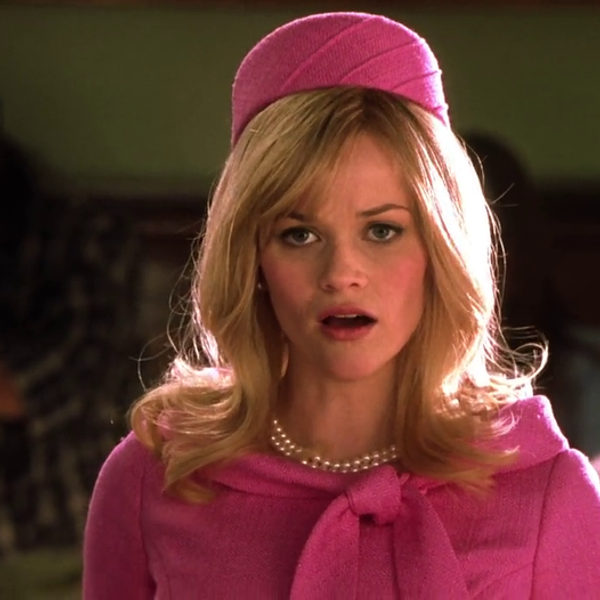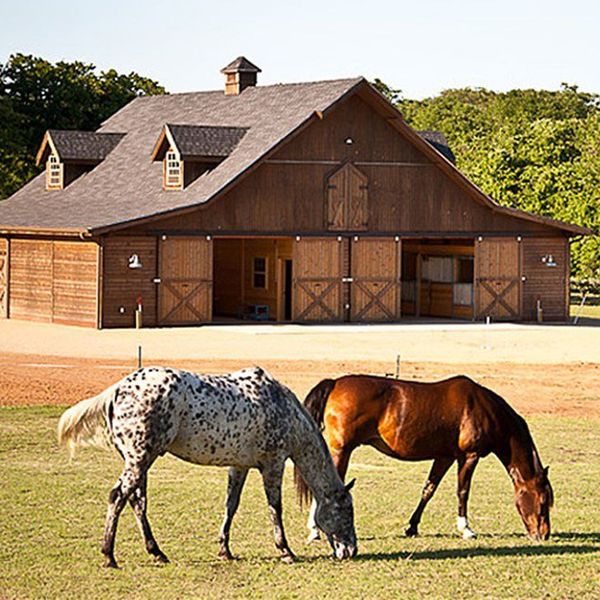Every year, the Baseball Writers' Association of America, often abbreviated to BBWAA, votes on a slate of candidates who played in Major League Baseball, and the winners of the vote are inducted into the National Baseball Hall of Fame, located in Cooperstown, New York, the often-rumored birthplace of modern baseball. How does the BBWAA vote work exactly? Well, that's a pretty complicated answer, but I'll do my best to answer it.
The Baseball Writers' Association of America is, well, pretty self-explanatory. It is a body of over 700 baseball writers, generally concentrated in the 26 cities across the USA with Major League Baseball teams. To be eligible to vote, you have to have been either an active or honorary member for over 10 years, as well as have been an active baseball writer for the 10 years leading up to the date of the vote.
Every member that is eligible receives a ballot with all of the names of the eligible candidates for that year to vote for, and, out of those candidates, they may select as few as none and as many as 10, with no explanation needed for any vote. They must, however, return the ballots by mail, and should they not be postmarked by a certain date, the ballot will not be accepted and that writer's vote would essentially be blank. Any candidate that appears on 75% of the ballots or more shall be inducted into the Hall of Fame.
To be eligible for the Hall of Fame, one must have played Major League Baseball for a minimum of 10 years and must have been retired or have not appeared in a game for at least five years. On top of that, once you are eligible, you only have 10 years to be voted in or else you will no longer be eligible. However, you can fall off the ballot even earlier because of a rule stating that any candidate that receives less than 5% of the overall vote shall no longer be eligible for the Hall of Fame.
Other than those qualifications, there are a few exceptions, namely for people who had an impact on the game's landscape, like owners or managers, umpires, etc. People who fell off the ballot can be saved, however, since the adoption of 16-man committees that focus on certain periods of baseball history so that they can be better represented in the Hall of Fame and past mistakes can be rectified.
It's by no means a perfect system, and, normally, everyone is upset about their favorite player not getting in or someone they don't think deserves to get in getting in. This has particularly become an issue in recent years as baseball has been coming to terms with the steroids scandals that rocked it in the 1990s and the 2000s.
Players such as Barry Bonds, Mark McGuire, Sammy Sosa, Roger Clemens, and Alex Rodriguez, all of which except McGuire and A-Rod are eligible for the Hall of Fame, have numbers that should make them easy fits in the Hall of Fame. However, all of their careers were tainted by either rumors of PEDs (performance-enhancing drugs) or they were caught/admitted to using them. There has been an argument for many years in the baseball world as to whether or not these players deserve inclusion in the Hall.
Barry Bonds holds the records for most career home runs and most home runs in a single season, yet he has failed to get more than 60% of the vote in the several years he's been eligible. Andy Pettite, the longtime Yankees ace and member of the Core Four of the late 90s-early 2010s is the only player in MLB history to have started games for 10 or more years and have had a winning record in every season he pitched, yet many say he is expected to fall off the ballot this year, his first year of eligibility.
Personally, I feel that using PEDs gave you an unfair advantage over other players, so if there is evidence to suggest you cheated, you aren't getting my vote. Many of the older members of the BBWAA agree with me, but as the organization grows younger, including many writers who grew up watching the annual homerun race between McGuire and Sosa, then saw Bonds shatter every homerun record out there, they aren't as adverse to PEDs. Now, both sides have excellent arguments, and both have poor arguments, but overall, I personally side with keeping those guys out of the Hall of Fame. You can disagree with me, but I won't have those guys on my ballot down below.
Onto this year's ballot, where there are some very intriguing candidates for consideration. As I said, Bonds, Clemens, and Sosa are all eligible this year, all of whom are in their seventh year out of 10 years of eligibility. Last year, Bonds and Clemens both topped 55%, whereas Sosa was just above 7%. For the past several years, both Bonds and Clemens have been steadily increasing their totals, while Sosa's has consistently gone down. If this trend continues this year, it's entirely possible that Bonds and/or Clemens top 60% or even 65%, while Sosa falls off the ballot. That's by no means a guarantee, but, based on my analysis of the trends, is a likelihood.
Edgar Martinez is on this year's ballot, and, no matter what, this will be his last appearance. You see, last year he received 70.4% of the vote, falling only a few votes shy of induction. He's been trending up recently, so many perceive him as likely to get in this year. He better hope he does, though, seeing as this is his 10th and, therefore, final year on the ballot before he is ineligible. The only other player in his 10th year of eligibility is Fred McGriff, who last year received only 23.2% of the vote. To jump all the way to 75% would be a massive step-up and is seemingly unlikely. Unfortunately for him, it seems his time has come and he didn't make the cut, at least according to the writers.
There is no shortage of great first-year eligibility players on this ballot. Roy Halladay, the longtime starter for the Toronto Blue Jays and then the Philadelphia Phillies, is fondly remembered as one of the most unhittable pitchers of his day, holding 2 Cy Young Awards as a result. His accolades also include him having famously thrown two no-hitters in 2010, one being a perfect game and one of the last ones thrown to this point in baseball history, and the other being in the first round of the MLB Playoffs, making it only the second no-hitter ever thrown in postseason history and the first since Don Larsen's perfect game in the 1956 World Series.
There's also Todd Helton who, throughout his career with the Colorado Rockies, amassed over 2,500 career hits and an OPS (on-base percentage + slugging percentage) of .953, an absolutely astronomical number. There are other fantastic candidates on the ballot for the first time this year, including Roy Oswalt, Lance Berkman, Miguel Tejada, and Michael Young, but the top of the list is, undoubtedly, Mariano Rivera.
Throughout his 19-year major-league career, all of which was spent with the New York Yankees as part of that Core Four, he amassed more saves than any other player in major league history, 652. With a lifetime ERA (earned-run average per 9 innings) of 2.21 and a WHIP (walks and hits per innings pitched) of exactly 1.000, he is one of the greatest relief pitchers and arguably the best closer of all time.
Many people have, for many years now, predicted he will become the first player in the history of the Hall of Fame to be named on every single ballot, the first unanimous pick in the history of the Hall. The closest to date was Ken Griffey Jr. who, in 2015, received 99.7% of the vote, not appearing on just five ballots. Mo may be deserving of the accolade, and of the handful of ballots already made public he does appear on all of them, but we won't find out until the results are revealed on January 22.
With all of that said, I would like to show you my personal ballot (if I was an eligible voter for the BBWAA, but, hey, semantics).
Lance Berkman
Roy Halladay
Todd Helton
Edgar Martinez
Fred McGriff
Mike Mussina
Mariano Rivera
Billy Wagner
Larry Walker
As you may notice, there are only nine votes listed above. I personally felt that these nine candidates were, far and away, the most deserving of my vote and that there weren't any other candidates that deserved to be included as much as these nine. Now, I struggled with this decision immensely, as I am of the belief that if one has the power to vote one should use it to its fullest extent.
I am very much opposed to the idea of not voting for anyone and I have personally developed new voting rules that require a minimum of five votes and any number of votes less than 10 requires an explanation to be included as to why more candidates weren't selected. I also believe that there should be two spots included on the ballot where you can vote for candidates that have fallen off the ballot and, if they receive 7.5% of the vote, then they are added back next year.
Discretion aside, there were several players I toyed with including, those players being Andruw Jones, Jeff Kent, Roy Oswalt, Scott Rolen, Omar Vizquel, and Michael Young. As I said, I didn't personally feel that any of these candidates were as deserving as the least deserving of the nine I did vote for, so I only voted for those nine.
I wish my ballot would be counted, but alas, I am not a member of the BBWAA, nor would I be eligible to take part in this year's vote if I was a member. Hopefully, at least some of the voters agree with my ballot and my reasoning. I do hope that some of these candidates receive sufficient support to get in this year or, at the very least, get close to getting in. All we can do now, though, is wait.

















